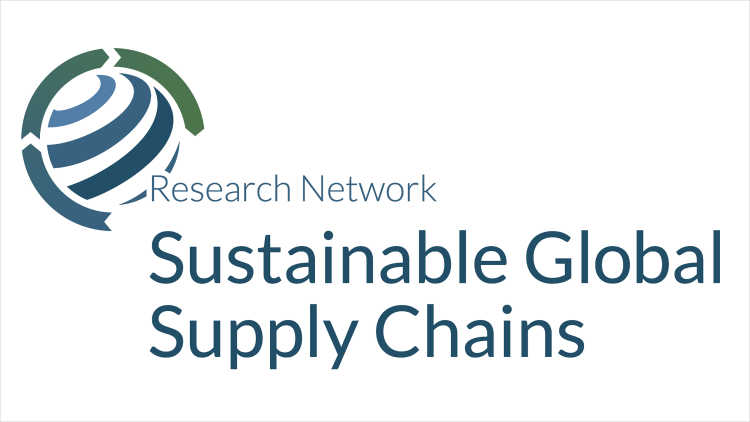- Home
- Research & Transfer
- Research Projects
- Research Network Sustainable Global Supply Chains
Research Network Sustainable Global Supply Chains
The aim of the research network is to contribute to the sustainability of global supply chains through research. It initiates new research, pools the expertise of leading scientists around the world and makes new findings accessible for political decision-makers and other stakeholders. The network is hosted by a consortium of the German Institute of Development and Sustainability (IDOS) , the GIGA, the Kiel Institute for the World Economy (IfW) and the German Institute for International and Security Affairs (SWP).
BMZ, 2020-2025
Research Questions
- How can standards and due diligence be agreed upon and turned into binding commitments in a transnational framework?
- What effects do sustainability standards have on trade and investment flows, on income levels and distribution, on the environment, on participation, on human rights, etc.?
Contribution to International Research
A large part of global value creation takes place in global supply chains. These are characterized by specialization of firms in multiple countries in distinct production stages and by their inter-firm relations. Global supply chains affect economies, societies and the environment in many ways. Whether they comply with labour, human rights and environmental standards and to what extent technologies and profits are shared depends on lead firms, but also government regulation and involvement of other stakeholders.
Research Design and Methods
Designing and governing global supply chains in a sustainable way thus requires a detailed understanding of their structures and involves actors as well as policies affecting them.








